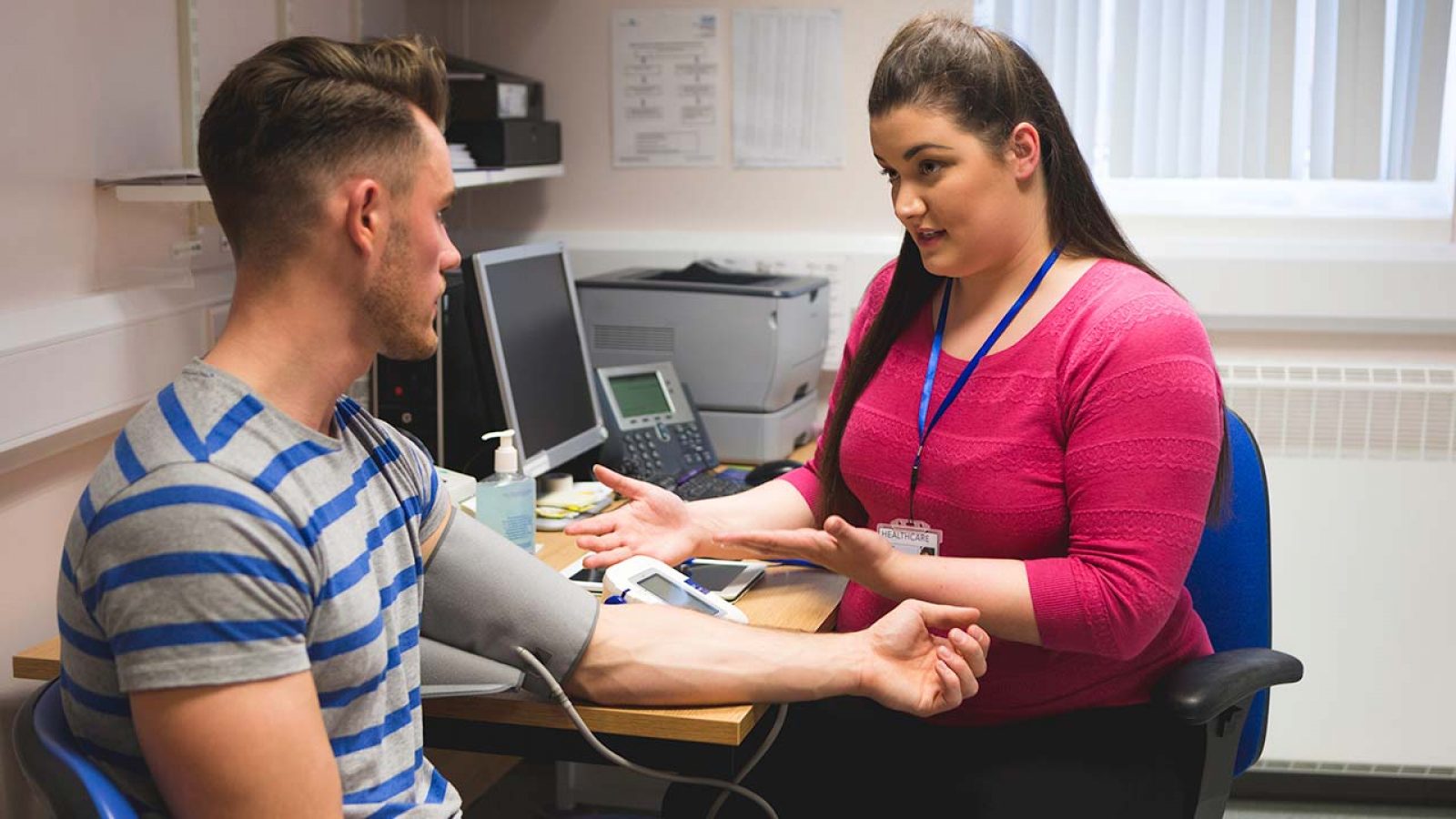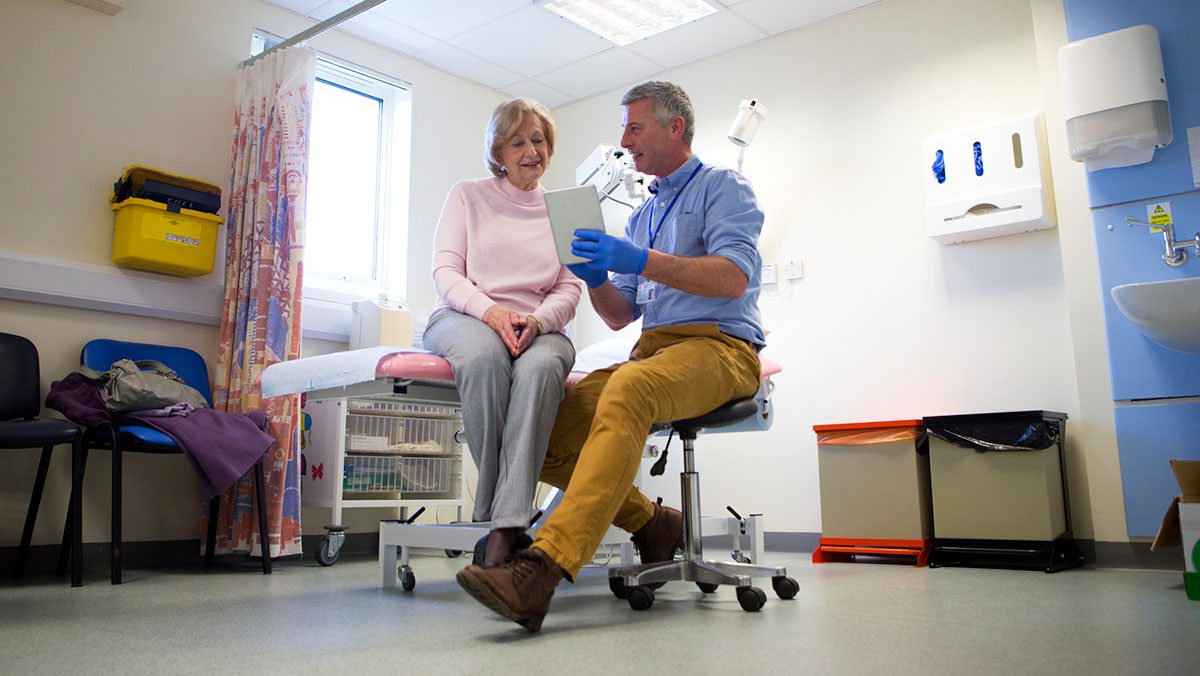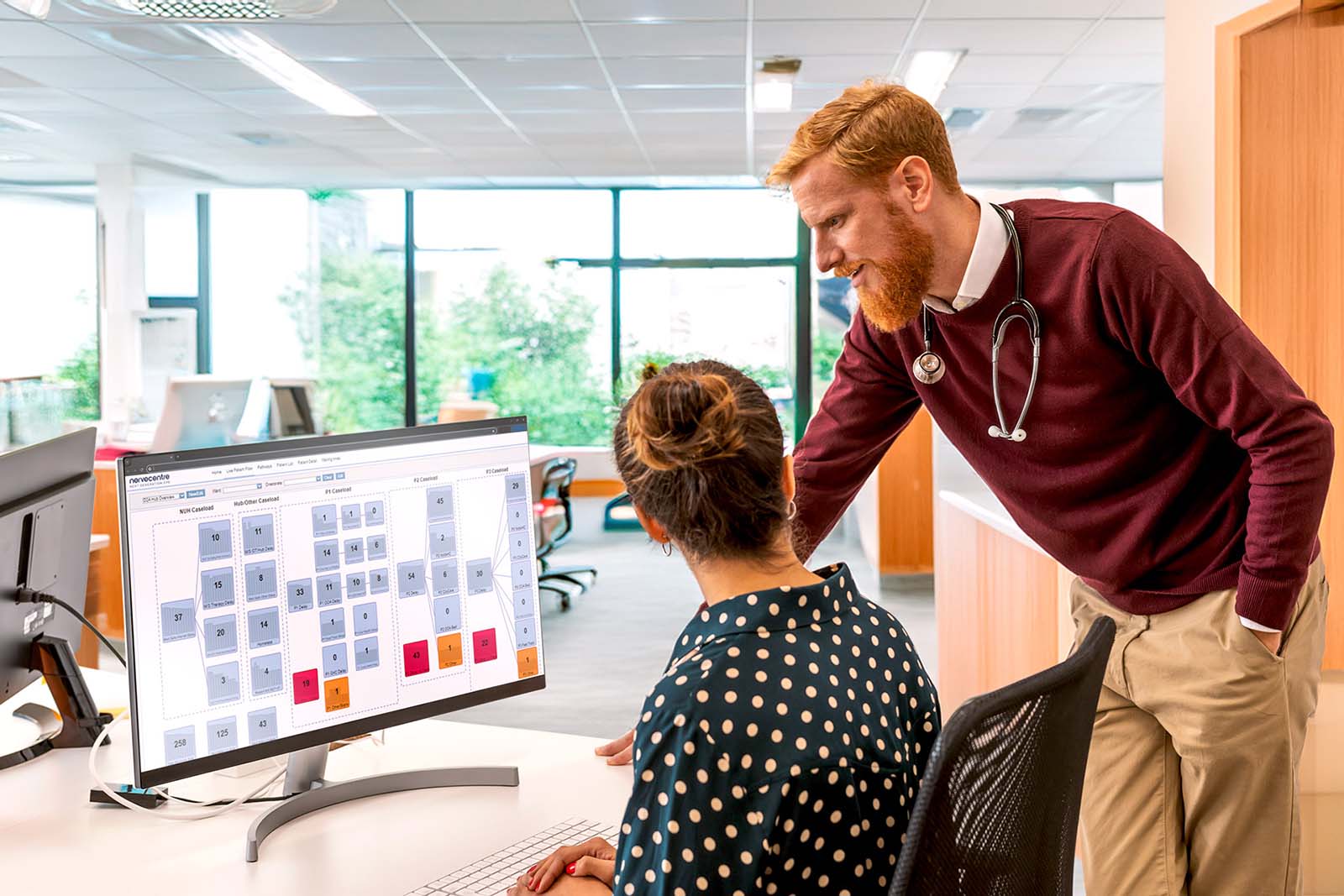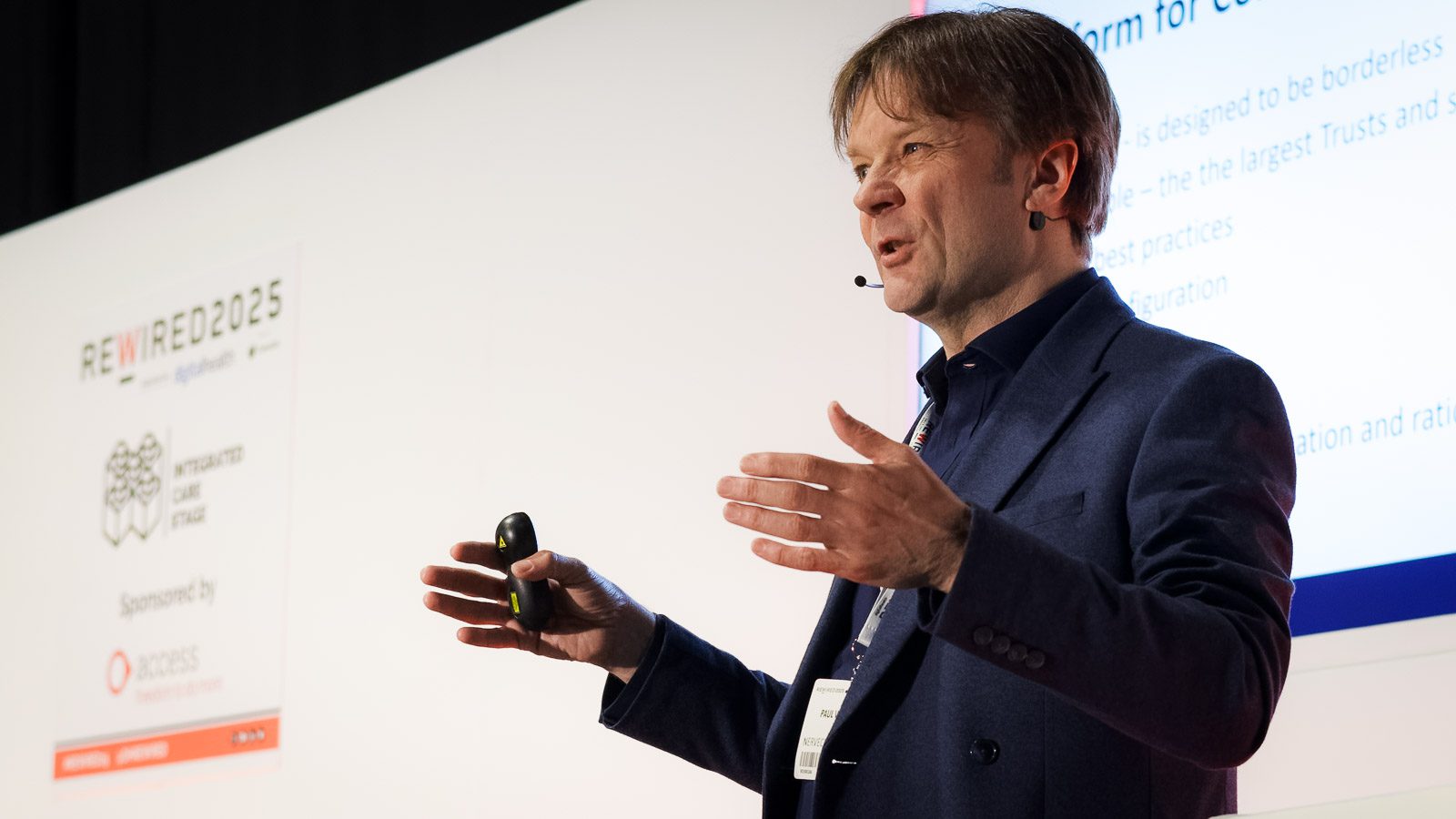Most clinicians in England can access electronic summaries of primary care records (or have direct access to systems) to view details of allergies and adverse reactions, active problems and current medications. However, logging in to a separate system and then searching for the patient’s record takes too long and that puts clinicians off using it.
Making this information available in an instant to hospital clinicians as an integral part of the electronic patient record (EPR) can save time and improve safety. It’s a much better way of working.
What is GP Connect?
GP Connect is a national service that makes patients’ primary care medical records available to appropriate clinicians when they need to see them. This is particularly useful when patients are assessed and treated in emergency departments, to check arrival medications against the GP record and when prescribing additional medications.
GP Connect and Nervecentre
By using GP Connect, a patient’s primary care data is just a click away in Nervecentre. Clinicians no longer need to log in to a separate system. The information is available in an instant, together with the rest of the EPR, whenever and wherever it is needed, including when capturing a patient’s arrival medications.
The detailed information clinicians can see includes
- active problems and issues
- current medication issues
- current repeat medications
- current allergies and adverse reactions
- the last three encounters
Watch the video to see GP Connect in use within Nervecentre’s next-generation EPR:
One million views
Clinicians at University Hospitals of Leicester NHS Trust (UHL) have accessed GP connect 1 million times since starting to use the service, and they view 5,000 primary care records daily. It’s a quick win that makes a massive difference to clinicians working in high-pressure care settings, which is nicely summarised by Kate Russ, Emergency Medicine Consultant at UHL, who said,
“OMG, I love this primary care tab in Nervecentre.”
Paul Volkaerts, Nervecentre CEO said,
“Nervecentre were one of the first EPR suppliers to gain GP Connect accreditation in 2021, demonstrating our commitment to the NHS and ability to deliver change quickly. Having primary care information to hand saves clinicians’ time and improves safety – it helps them do their jobs well. It’s a great example of why Nervecentre scored so highly in the recent national EPR usability survey.”






